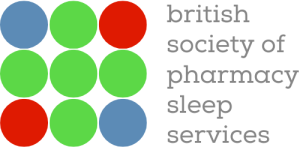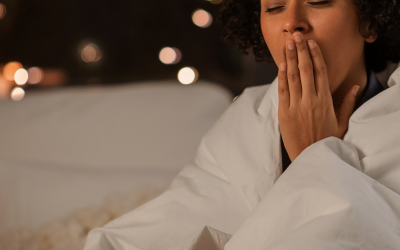All I want for Christmas is a good night’s sleep.
Welcome back!
In this part 4 of the series: “All I want for Christmas is a good night’s sleep”, I’m looking at Restless Legs Syndrome (RLS).
Why? Because it’s a terrible sleep problem and often missed for decades.
And you can help. Did you know that:
RLS affects up to 10% of the UK population with symptoms ranging from a minor irritation to intolerable.
Fatigue and sleepiness as a result of disrupted sleep patterns can have a profound impact on the individual’s health and wellbeing.
RLS presents as an irresistible urge to move the legs, which is often at its worst at night.
RLS is mainly idiopathic (Primary RLS) with the mechanism is postulated to be linked to Dopamine.
Starting mainly in women around 40 years of age, primarily RLS is often a progressive condition.
Secondary RLS is less common and occurs where there is a known cause such as Iron Deficiency Anaemia or Kidney Failure. By nature this is mainly a sudden onset condition.
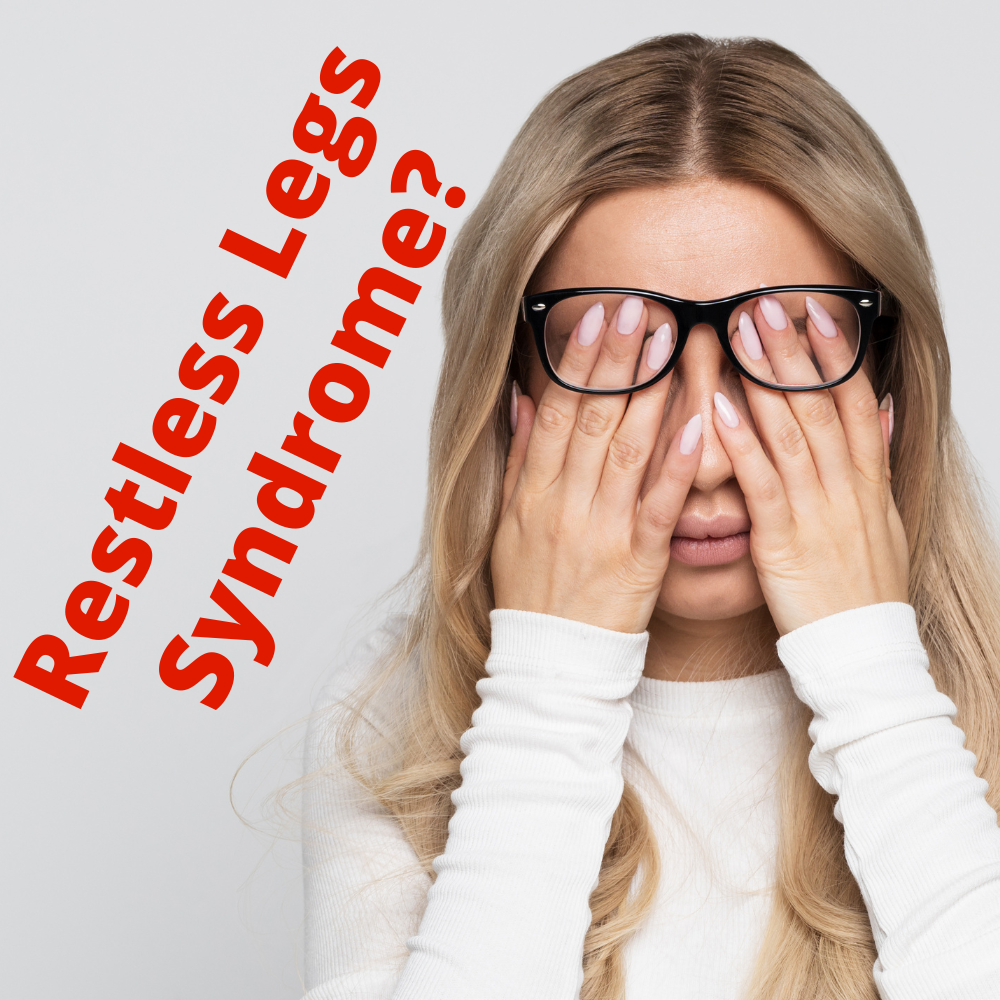
I want you to really take on board that there is no recrimination here. Please realise that sleep is something we ALL do, and the typical healthcare professional knows little about (unless they’ve completed CPD courses).
Sleep doesn’t form very much at all of undergraduate pharmacy or medical education.
So, there’s no ‘pointy finger’ here.
Simple questioning
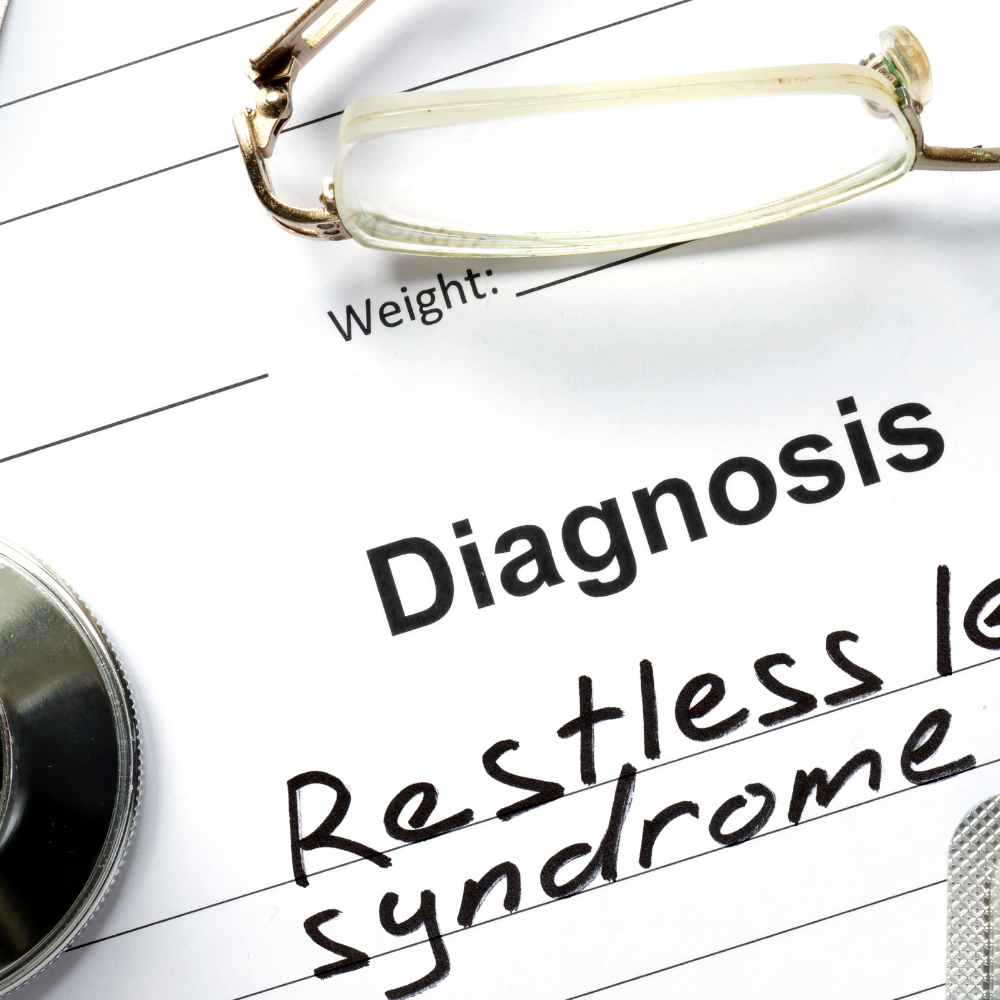
Unfortunately, RLS is often misdiagnosed or simply unrecognised on presenting to a healthcare professional.
Evidence shows it can take as long as 10 to 20 years of symptoms before a sufferer is treated successfully.
Simple questioning is very effective too, such as
“When you try to relax in the evening or sleep at night, do you ever have unpleasant, restless feelings in your legs that can be relieved by walking or movement?“
Possible treatments available
There are many gadgets on the market but none show evidence of being curative.
Stretching, diet and relaxation all play a positive role as part of general lifestyle advice for RLS. There are various options for the GP including levodopa, Dopamine agonist, anticonvulsants and for those suffering debilitating pain opioids are often prescribed.
Follow-up / prevention of regression
Some medications can exacerbate RLS symptoms such as anti-nausea drugs and sedating antihistamines owing to their action on dopamine receptors.
Antidepressants and cold and flu remedies should also be offered with caution. Some antacids can have a similar negative effect.
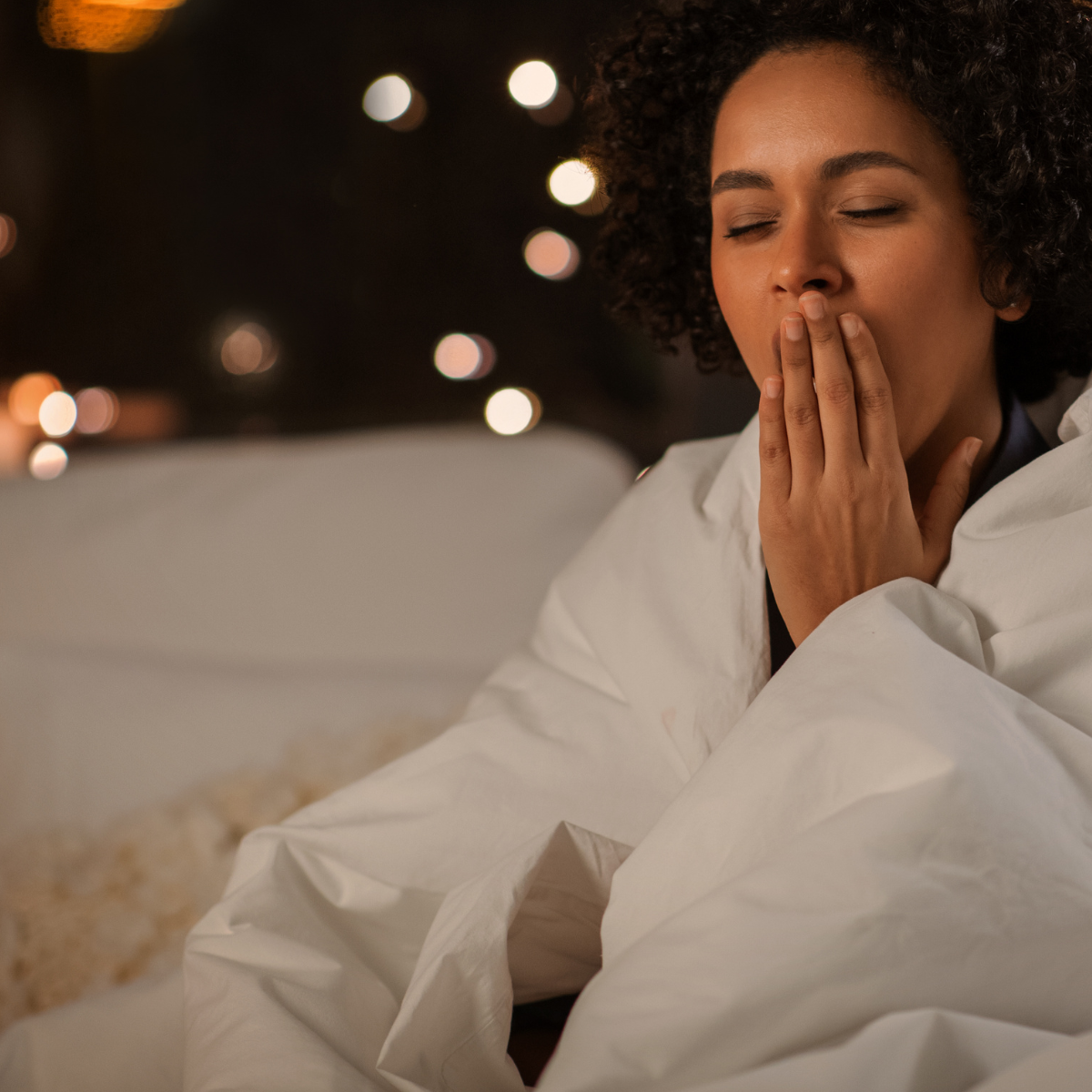
About the BSPSS
Our independent research established that the general public ‘often’ to ‘very often’ consult a community pharmacist about suspected sleep disorders.
We aim to empower the community pharmacist to assess, screen and recognise these individuals in order to help patients progress rapidly to appropriate care.
The BSPSS was established in 2021 to plug the disconnect between sleep expertise and the public, and in 2022 we became a registered charity.
We recognise the community pharmacist as the front-line healthcare professional.

Perhaps offer a fee-paying sleep patient assessment?
Simple questioning can be really helpful for RLS. We would urge you to assess for Obstructive Sleep Apnoea and then Insomnia.
You could include other questions like these:
- Do you have high blood pressure? If they don’t know (and they qualify) you could offer a spot intervention and find out.
- What about weight management?
- What about diabetes?
And this all ties in nicely with ‘Healthy Living Pharmacy’.
Get in touch if you’re interested in ways to commercialise sleep in your pharmacy.
See you tomorow with the final part of the “All I want for Christmas” series: Part 5.
